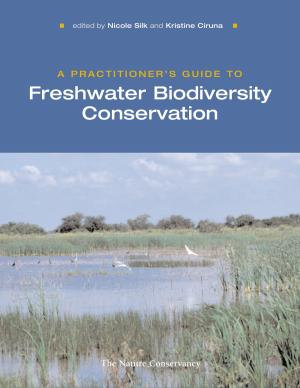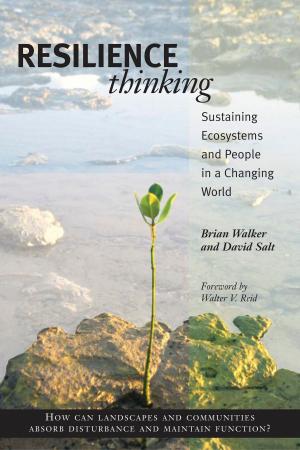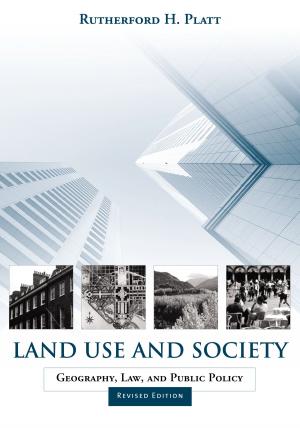Stewardship Across Boundaries
Nonfiction, Social & Cultural Studies, Political Science, Government, Public Policy, Science & Nature, Nature, Environment, Environmental Conservation & Protection| Author: | Richard L. Knight | ISBN: | 9781610911085 |
| Publisher: | Island Press | Publication: | June 17, 2013 |
| Imprint: | Island Press | Language: | English |
| Author: | Richard L. Knight |
| ISBN: | 9781610911085 |
| Publisher: | Island Press |
| Publication: | June 17, 2013 |
| Imprint: | Island Press |
| Language: | English |
Every piece of land, no matter how remote or untrammeled, has a boundary. While sometimes boundary lines follow topographic or biological features, more often they follow the straight lines of political dictate and compromise. Administrative boundaries nearly always fragma landscape, resulting in loss of species that must disperse or migrate across borders, increased likelihood of threats such as alien species or pollutants, and disruption of natural processes such as fire. Despite the importance and ubiquity of boundary issues, remarkably little has been written on the subject.Stewardship Across Boundaries fills that gap in the literature, addressing the complex biological and socioeconomic impacts of both public and private land boundaries in the United States. With contributions from natural resource managers, historians, environmentalists, political scientists, and legal scholars, the book:develops a framework for understanding administrative boundaries and their effects on the land and on human behavior examines issues related to differtypes of boundaries -- wilderness, commodity, recreation, private-public presents a series of case studies illustrating the efforts of those who have cooperated to promote stewardship across boundaries synthesizes the broad complexity of boundary-related issues and offers an integrated strategy for achieving regional stewardshi.Stewardship Across Boundaries should spur open discussion among students, scientists, managers, and activists on this important topic. It demonstrates how legal, social, and ecological conditions interact in causing boundary impacts and why those factors must be integrated to improve land management. It also discusses research needs and will help facilitate critical thinking within the scientific community that could result in new strategies for managing boundaries and their impacts.
Every piece of land, no matter how remote or untrammeled, has a boundary. While sometimes boundary lines follow topographic or biological features, more often they follow the straight lines of political dictate and compromise. Administrative boundaries nearly always fragma landscape, resulting in loss of species that must disperse or migrate across borders, increased likelihood of threats such as alien species or pollutants, and disruption of natural processes such as fire. Despite the importance and ubiquity of boundary issues, remarkably little has been written on the subject.Stewardship Across Boundaries fills that gap in the literature, addressing the complex biological and socioeconomic impacts of both public and private land boundaries in the United States. With contributions from natural resource managers, historians, environmentalists, political scientists, and legal scholars, the book:develops a framework for understanding administrative boundaries and their effects on the land and on human behavior examines issues related to differtypes of boundaries -- wilderness, commodity, recreation, private-public presents a series of case studies illustrating the efforts of those who have cooperated to promote stewardship across boundaries synthesizes the broad complexity of boundary-related issues and offers an integrated strategy for achieving regional stewardshi.Stewardship Across Boundaries should spur open discussion among students, scientists, managers, and activists on this important topic. It demonstrates how legal, social, and ecological conditions interact in causing boundary impacts and why those factors must be integrated to improve land management. It also discusses research needs and will help facilitate critical thinking within the scientific community that could result in new strategies for managing boundaries and their impacts.















